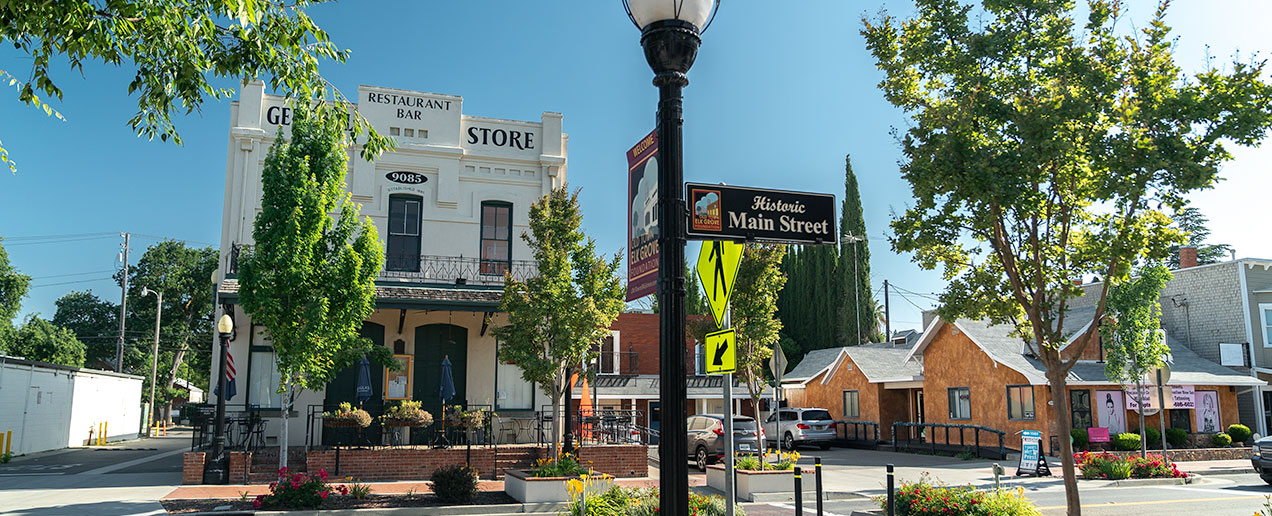Purchasing local food and drink has many benefits. For starters, buying local means that you can talk to the farmers directly about how they produce their produce. Moreover, buying food from local farmers gives them a sense of responsibility toward the people they feed. Local food systems also improve the environmental health of local establishments. Most locally-grown foods and drinks cost 30-40% less than those sold in supermarkets. And they’re also more delicious!
Benefits of eating local
Eating local food and drink can have many benefits. Locally grown foods are fresher, more nutrient dense, and seasonal. Additionally, you can buy direct from the farmer. Many of the foods we buy in the supermarket were not grown organically, and are processed or packaged in a manner that does not preserve their freshness. In addition to tasting great, eating local foods also helps protect the environment. While some foods are shipped thousands of miles, buying locally grown foods helps minimize your carbon footprint.
One of the most significant health benefits of eating locally grown foods is that you are supporting a local economy. You’ll find locally grown fruits and vegetables at farmers’ markets, and you’ll find delicious cheeses and seasonal fruits. What’s more, you’ll be supporting your local economy and building camaraderie with local residents. The community will appreciate your efforts. And you’ll be proud to share your food with your friends and family.
Ways to find local food and drink
When traveling, a great way to experience the cuisine of a place is to dine like a local. You can try fried dumplings from a Japanese street market, or savor gourmet popsicles from a Mexican cafe. Eating like a local is a great way to explore the culture and history of a place, and finding a good restaurant can be challenging. To help you find the best restaurants in a place, check out websites like Eatwith.com, which is similar to Airbnb, but for foodies.

In Washington State, you can find local farms through the Washington Department of Agriculture’s website. There are also online farm guides such as those maintained by the Tilth Alliance and the Salmonberry Goods website. There are also statewide and regional resources like the West Virginia Food Mapper and the Iowa State Extension. You can even find local food from your local farmers through a farmer’s market! While it can be overwhelming to find local food in a state, it can be easy to find local food.
Farm-to-table philosophy
The Farm-to-Table movement has become more widespread in the restaurant industry. It embodies many of the things we love about food, while celebrating local bounty and fostering a greener way of life. Despite its popularity, this philosophy has become somewhat convoluted. Here are three examples of restaurants that embrace the philosophy. A Denver restaurant called Root Down is a good example of this trend.
The term farm-to-table means different things to different people. To some, it simply means buying food directly from the farmer, without going through an intermediary market, store, or distributor. For others, it means buying directly from the producer, such as a ranch, vineyard, or fishery. A farm-to-table restaurant may even raise its own food. In addition, farm-to-table restaurants often incorporate food traceability, so that diners know exactly where their food comes from.
Supporting local farmers
When you purchase local food and drinks, you are supporting your community and the environment at the same time. Local foods are healthier because they are grown in close proximity, have fewer packaging, and tend to taste better. Also, purchasing locally grown food helps support the local economy. Look for farmers markets, CSAs, or other community supported agriculture programs in your area to support local food producers. They can help you find fresh fruits and vegetables.
By purchasing food and drinks locally, you are supporting your community and supporting farmers. Not only does this promote sustainability, but it also helps local farmers earn higher wages, which in turn benefits everyone in the community. In addition to that, purchasing locally-grown foods helps local restaurants and farmers increase their business volumes. Furthermore, purchasing locally supports farmers and creates a direct relationship between them and local restaurateurs. While these reasons are compelling enough, others are also worth mentioning.




